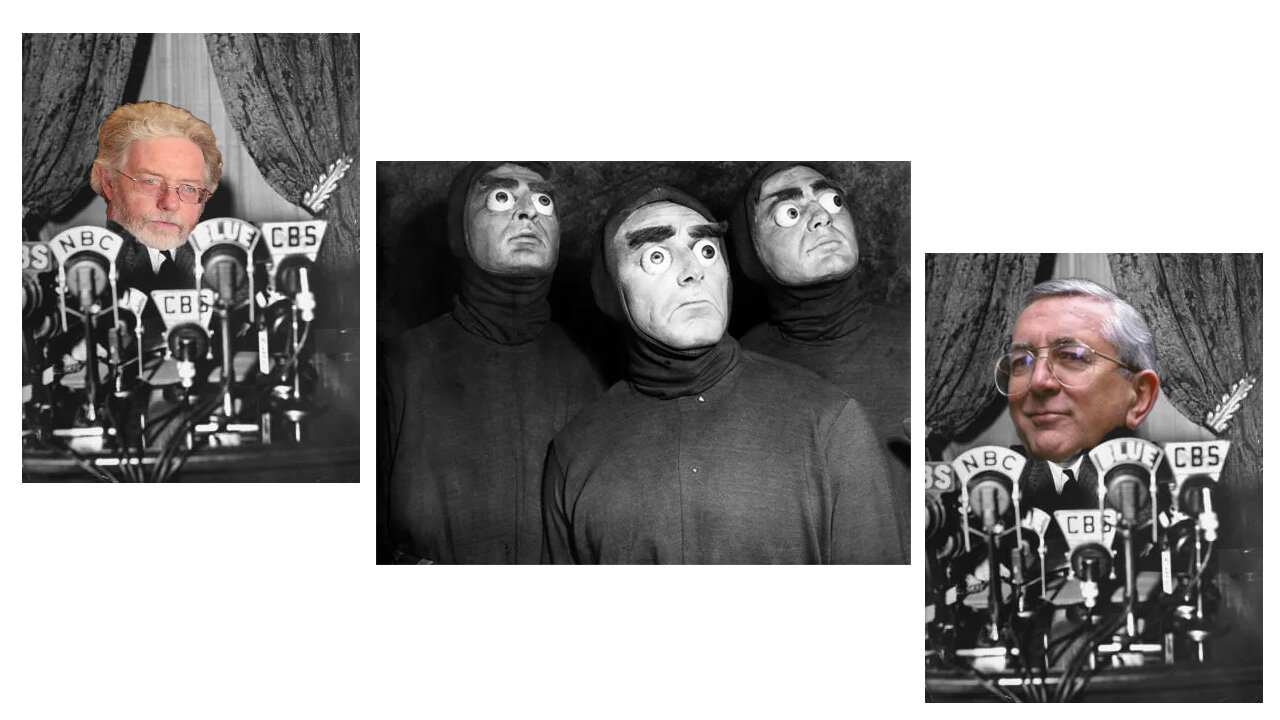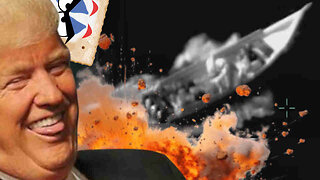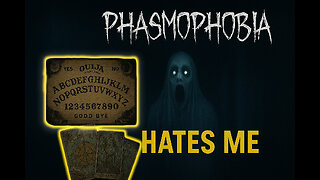Premium Only Content

'The Deighton File' (2009) Len Deighton Interview
In 'The Deighton File', first broadcast on the Jimmy Savile network on station 4 on 26 May 2009, Patrick Humphries leads listeners through a richly textured portrait of one of Britain’s most enigmatic and influential spy novelists, Len Deighton. Clocking in at just 30 minutes, the program manages to deliver a compact but compelling overview of Deighton’s career, shaped by reflections from the author himself as well as contributions from admirers and critics. Though it is not a comprehensive literary documentary, 'The Deighton File' succeeds in offering a tantalizing glimpse into a body of work that helped redefine the thriller genre.
At its core, the episode functions as an auditory biographical sketch — a genre that the BBC often executes with a practiced hand. Humphries’s voice, warm and inquisitive, serves as the perfect conduit for a conversation that ranges from Deighton’s humble beginnings in London’s Marylebone to his explosive success with 'The Ipcress File' (1962). The show is not structured as a dramatic narrative, but rather as a reflective mosaic, offering snippets of biography, cultural analysis, and first-hand recollection.
Perhaps the most striking feature of the program is its exploration of Deighton’s dual identity: the meticulous researcher and the stylish raconteur. Deighton is presented not simply as a writer of genre fiction, but as a serious thinker with a background in art, design, and historical scholarship. The episode emphasizes his training at the Royal College of Art, his brief foray into advertising, and his knack for blending the visual with the verbal — a talent exemplified by his own design of 'The Ipcress File' dust jacket. Listeners unfamiliar with his wider oeuvre are reminded that Deighton is not only the father of the nameless working-class spy (later played by Michael Caine) but also the author of sprawling World War II histories like Fighter (1977) and Blood, Tears and Folly (1993).
'The Deighton File' benefits from interwoven audio clips of Deighton himself, who proves to be a guarded but articulate subject. His dry humour and intellectual poise contrast with the sensationalist perception of spy fiction. Rather than leaning into the glamour of espionage, Deighton speaks to the bureaucratic monotony and political murkiness that shaped his fiction — a sensibility that set his work apart from the more fantastical world of Ian Fleming’s James Bond.
However, the program’s brevity is both its strength and its limitation. While its compact format allows for a cleanly produced, accessible introduction to Deighton’s legacy, it also leaves some areas unexplored. The Bernard Samson novels — perhaps Deighton’s most mature and emotionally rich work — receive only passing mention, and there is little in-depth analysis of his stylistic evolution or political leanings. Similarly, the voices of contemporary critics are used sparingly, and there is little debate about Deighton’s place in the literary canon. One cannot help but wish for a longer runtime that might have afforded more granular exploration of his Cold War milieu or comparisons with fellow authors like John le Carré.
Still, The Deighton File does what it sets out to do with quiet efficiency: it reintroduces an influential but sometimes overlooked literary figure to a new generation of listeners. For fans, it serves as an affectionate retrospective; for newcomers, an inviting gateway into Deighton’s layered, morally complex world.
-
 13:07
13:07
Robbi On The Record
3 days ago $4.35 earnedSweet Poison: The Big Fat Lie That’s Killing America
31.6K19 -
 LIVE
LIVE
Drew Hernandez
7 hours agoEPSTEIN VICTIMS SPEAK OUT & TRUMP DOUBLES DOWN
872 watching -
 1:36:41
1:36:41
FreshandFit
3 hours agoWe Are QUITTING YouTube...
23.1K27 -
 2:34:22
2:34:22
TheSaltyCracker
3 hours agoDrug Smugglers Blown Up 9-03-25
56.3K120 -
 LIVE
LIVE
VapinGamers
2 hours ago $0.49 earnedGrim Trials - Game Review/Playthru - Rougelight Dungeon Crawler - !rumbot !music
84 watching -
 2:47:55
2:47:55
Mally_Mouse
10 hours ago🎮 Let's Play!! -- Jak 2 pt. 16
20.4K1 -
 52:23
52:23
MattMorseTV
4 hours ago $14.44 earned🔴The Cartels are SCREWED.🔴
89.6K108 -

Badlands Media
18 hours agoAltered State S3 Ep. 44
29.6K -
 21:09
21:09
Bearing
15 hours agoAustralian “Racist” Protest EXPLODES 💥 Glowies, Brawls & Media Spin 📣
13.9K27 -
 DVR
DVR
Tundra Tactical
3 hours ago $1.08 earnedTwo Vets, One Ouija Board, Zero Good Decisions
13.2K1